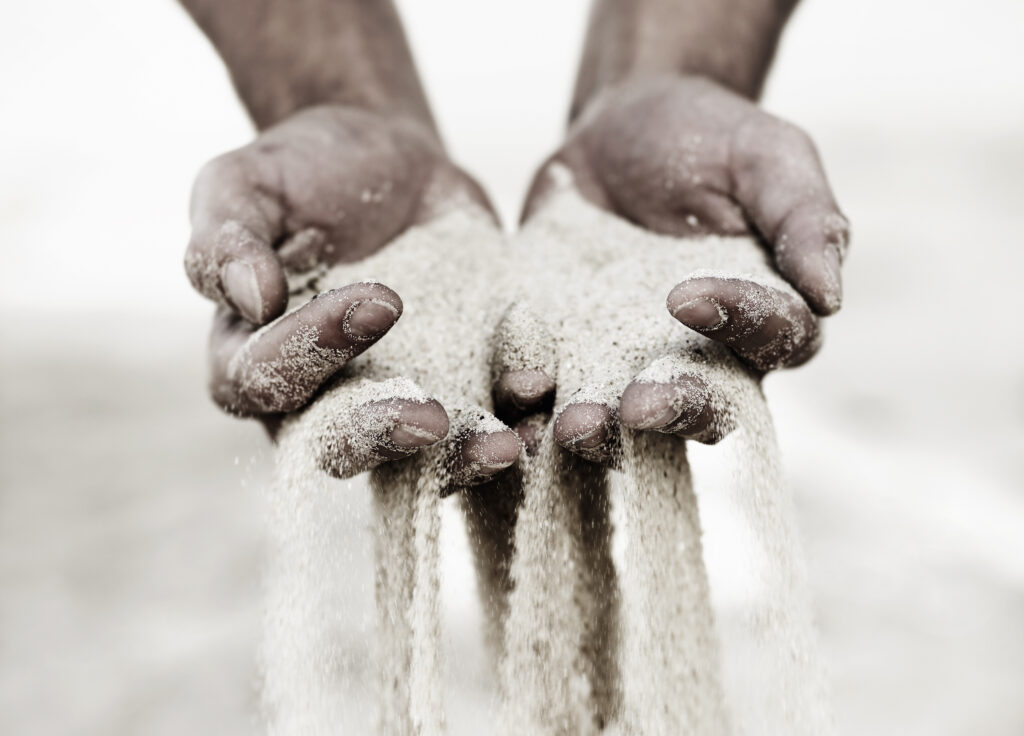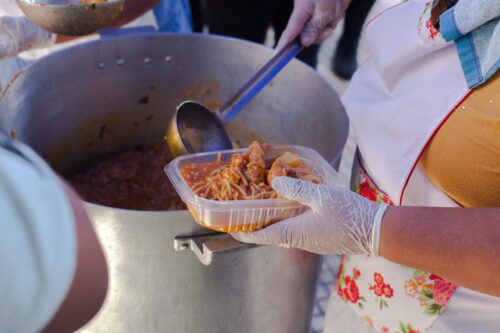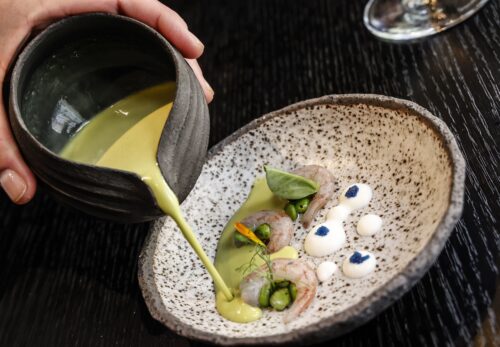Cold Hubris and Fundo

Euro-American colonial collections of the 18th through 20th centuries usually classified objects, artifacts, and people according to theories of racial science. In Germany, this exercise manifested itself through the collection of ancestral human remains from different communities across the world.
My poems “Cold Hubris” and “Fundo” highlight these key issues around the nature of colonial science and the assumed logic of collecting ancestral human remains as a way to prove racial hierarchies. The works decenter these colonial actors and bring voices to those subjected to violence.
Specifically, the presence of ancestral human remains from Tanzania housed in the University of Göttingen’s collections are explored in a search for the ways in which words can convey grief and in which words are inadequate. My poems aim to bring in Black Indigenous voices through oral history, traditions, and archives while also meditating on the irreparable loss of history.
Cold Hubris
i.
If the outbound ship was a portal to another height
An ascension to the plane of godliness
Then death, the currency
The museum, the toll gate.
the constraints of time/space irrelevant.
no limits,
no borders.
A small glass tube holds a porcupine fetus submerged in alcohol.
Its paws are pushed up against the glass, its mouth slightly open.
It does not return to the earth, the soil.
Bone of a rhino. Box of insects:
bees, butterflies,
one with its wing ripped off, ants,
bits of tree,
black bark.
ii.
The logic of (that) science this:
collect,
collect,
and
collect.
hands full doesn’t matter.
Arms and back full, no matter.
Box full, doesn’t matter.
Crate full, no matter.
Truck full, doesn’t matter.
Steamboat full, no matter.
Exhibition rooms full, doesn’t matter.
Storage rooms full, no matter.
Blood and dirt, strings and bones.
Doesn’t matter, don’t matter
doesn’t matter, only matter.
Cabinets designed to organize,
keep things tidy, neat, and ordered.
a sanctioned hostage,
life held in suspension,
Rigor mortis in free fall.
iii.
And how blasphemous of me
Of us,
Of it all
To attempt the impossible.
Give the dead back their tongues
Give names to the abyss
(and in this language,
shamefully/shamelessly,
in any, in all language)
An empty hope
A shattered skull in a cardboard box
Bits of the body stuffed into a
Swedish matchbox from 1876.
on the top, written in small letters
“waterproof.”
Fundo
Fire in my throat like
clenched hands.
they hold a breath
that fights to surface
but is held down.
no words.
my body has been forgotten
too many times.
i do not know what a name is,
i am in free fall
with nothing to hold onto
except breath.
and even that has been coveted.
in long flashes i feel them
then confuse myself.
concentric circles blur
overlapping shadows
like from the bottom
of a cold soda bottle.
it is me,
inhabiting the body of a girl
who used to sleep only eight hours.
now, even hours feel faint.
i have forgotten what the sun on my back feels like,
how my dress used to catch in the door,
water on my feet washed bone
after walking barefoot in the garden.
Even now they are coming to me again,
and all at once.
i say to myself, only us
that me alone never existed.
yet
weren’t there those beams of light
that struck through
and made skin feel hot to touch
and mine alone to carry?
never mind this,
they are back again
and slowly pouring me into them
and them into me,
something like hot tea
passed between two mugs to cool it down.
A cascade, a cascade.
Fade to black.

























